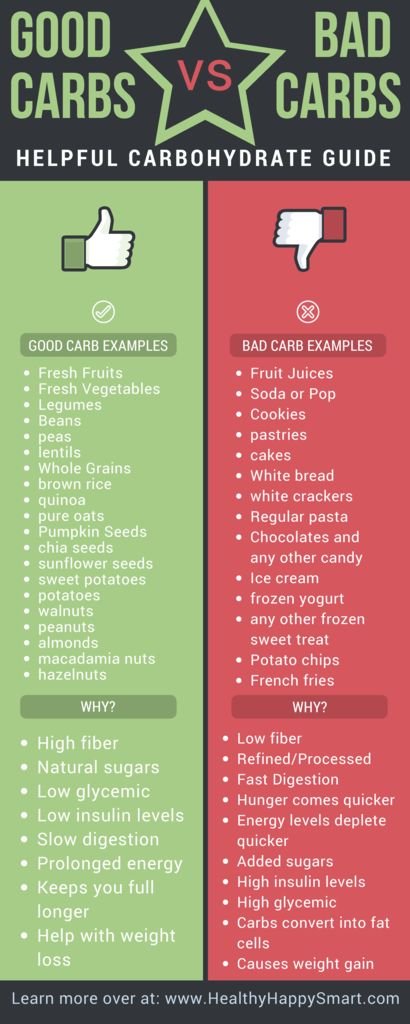Muscleheads started it, but Atkins took it mainstream. We’re talking about carb-hating. And with that kind of onslaught, you almost feel bad for carbs. The funny thing is, bad rap or no, carbohydrates aren’t evil – they’re just high-maintenance.
Carbs are an integral part of any diet, even the strictest ones, and you can make them work for you. Here’s the list of “good” carbs and how to put them to good use.
White Potato (1 medium, baked): 159 calories, 4 g protein, 36 g carbs, 0.2 g fat, 4 g fiber.
Eaten baked with no fat added, potatoes aren’t half bad. They contain more than twice the folate, a vitamin key to muscle growth, of sweet potatoes, as well as potassium, which is good for recovery – provided you’re eating the skin. White potatoes digest rather quickly, so eat them after workouts.
Whole-Grain Pasta (1 cup, low-fat): 174 calories, 7 g protein, 34 g carbs, 1 g fat, 4 g fiber.
Whole grains are all the rage these days, and for good reason. The only drawback is that they digest more slowly, so stick with regular past postworkout. Top with tomato sauce to get a dose of lycopene, the powerful antioxidant that boosts heart health and aids muscle recovery.
Brown Rice (1 cup cooked): 218 calories, 5 g protein, 46 g carbs, 2 g fat, 4 g fiber.
Brown rice is pretty much the king of the cupboard, which means the parts with all the bran and germ are still attached. Those parts are also full of fiber, which slows digestion and cleans out your colon. That means the only time not to eat brown rice is immediately after workouts.
Sweet Potato (1 medium, baked): 165 calories, 4 g protein, 38 g carbs, 0.2 g fat, 6 g fiber.
Sweet potatoes are among the more slowly digesting carbs, which translates to steady insulin release so you can eat them any time of day other than postworkout. They’re also high in beta-carotene, a powerful antioxidant that boosts immunity and aids in muscle growth and repair.
Couscous (1 cup cooked): 176 calories, 6 g protein, 36 g carbs, 0 g fat, 2 g fiber.
Don’t be fooled; couscous is no whole grain. Actually, this processed food is made from the same type of white floor (semolina) as pasta, meaning it offers no real vitamins or true health benefits to speak of. Yet couscous is a fine alternative for your postworkout carb-cramming session. [via]

